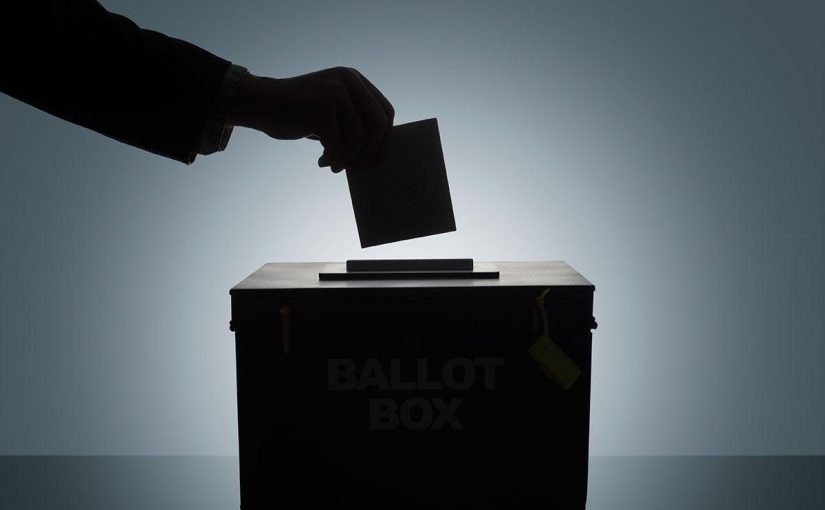Mozambique: RD denies that Singano has been murdered - AIM report
Mozambique Elections: Has Renamo been hoaxed – again? – By Joseph Hanlon

File photo
Renamo alleges that there will be magic ballot papers which erase votes for Renamo. Information is circulating that “on the ballot paper for these elections, in the rectangle for Renamo, there is a bit of plastic so that a short time after people vote, the ink disappears and it becomes an invalid vote”, Renamo party agent Andre Majibire told a Maputo press conference Friday 28 September.
The consortium Académica-Uniprint is producing the ballot papers. Académica is the company of Shafee Sidat and Rafik Sidat, who are active and influential in Frelimo. But the contract was awarded by a unanimous vote of the National Elections Commission (CNE) – including Renamo members – on 14 August. The ballot papers are being printed in South Africa and the team that goes to South Africa to inspect the ballot papers includes Renamo members.
The claim seems unlikely for two reasons. First, a simple rectangle of plastic would be obvious, so it would need to be a much more sophisticated coating which, if it exists at all, would be very expensive to apply. Second, its use would become obvious, because some voters make big Xs, which extend beyond the rectangle, and during the count it would be apparent that there were ends of the X outside the box but no X in the box.
It looks as if Renamo is, yet again, victim of a hoax. In every election, Renamo has had a press conference to present evidence of an elaborate fraud, usually based on a faked document said to be from Frelimo or the government. The most notorious was a claim that there was a cache of stuffed ballot boxes in the basement of a Frelimo office – and journalists quickly discovered that the office did not have a basement.
It does appear that feeding obviously fake documents to Renamo is intended to make them look foolish when they have a press conference, and journalists look into the details and find the claims to be impossible. But it also feeds Renamo’s belief that Frelimo has sophisticated means of rigging the election that observers, journalists and their own people cannot discover. This, in turn, increases the mistrust that now pervades the electoral system.
By Joseph Hanlon













Leave a Reply
Be the First to Comment!
You must be logged in to post a comment.
You must be logged in to post a comment.